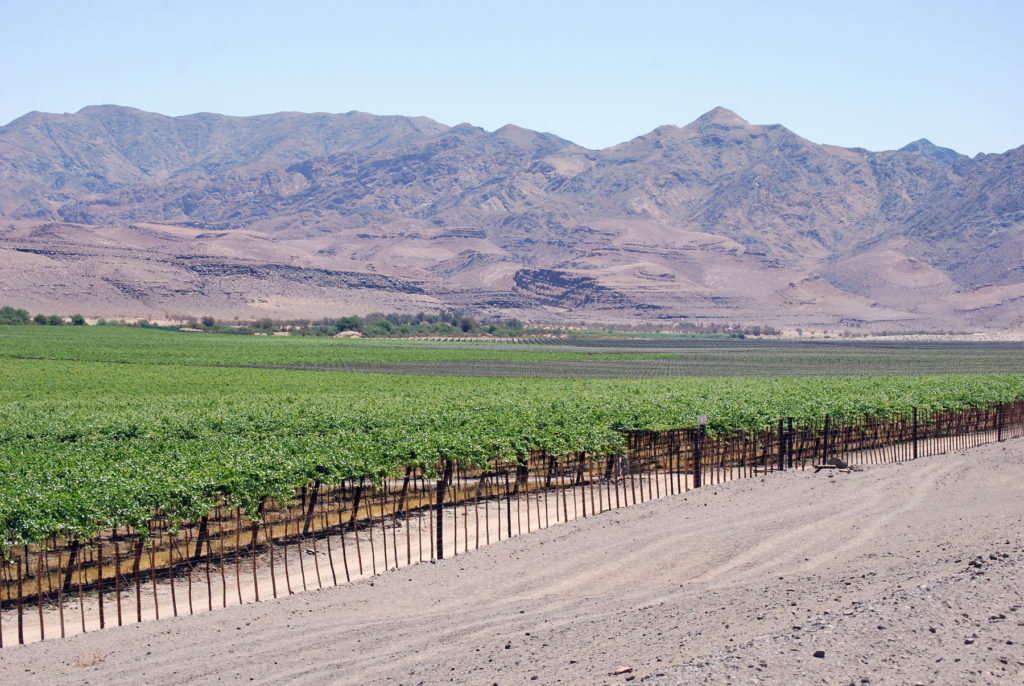
We emerged from the Namib Desert and drove south along field after field of grapes. After the ancient sand of the dunes and the strata of Fish River Canyon, this greenery spoke of planting and harvest, of life drawn from stone. The nearby Orange River provided water for irrigation and for Norotshama Lodge, where we would spend the night.
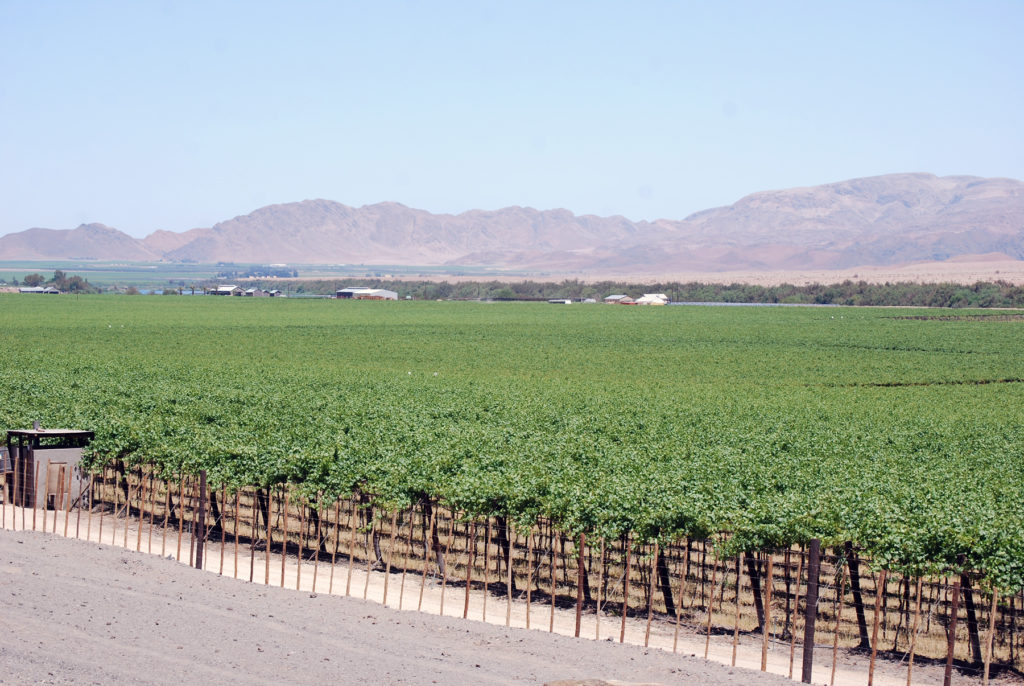
Then we came around a corner and saw where the field hands lived. Stretching for at least a mile from the road were huts built in traditional African style, made of reeds cut from the river and tied together to make walls and roofs. There was no evidence of electricity – no poles, solar cells, or windmills. There was no evidence of water being piped in; I wondered whether people had to walk to the river every day. Laundry in a variety of children’s sizes said that families lived there. I asked our tour guide where the children went to school. He said that the nearest school was 50 km away. Then he added quickly, “There might be a Christian school somewhere in that village. I don’t know for sure.” (He didn’t sound confident.) The pathways among the huts were, of course, not paved.
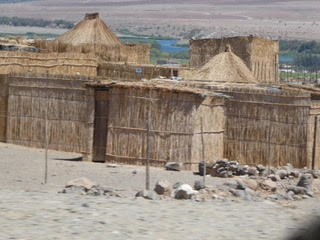
Photo by Robin Harvey
“Someone is making money from those grapes,” my friend Robin observed, “but it’s not the workers.”
We were told that 19,000 workers are employed by the farm during the course of a year. Pruning the vines in spring and harvesting in fall must be done by hand. We could see extensive infrastructure for the grapes but none for the workers’ housing.
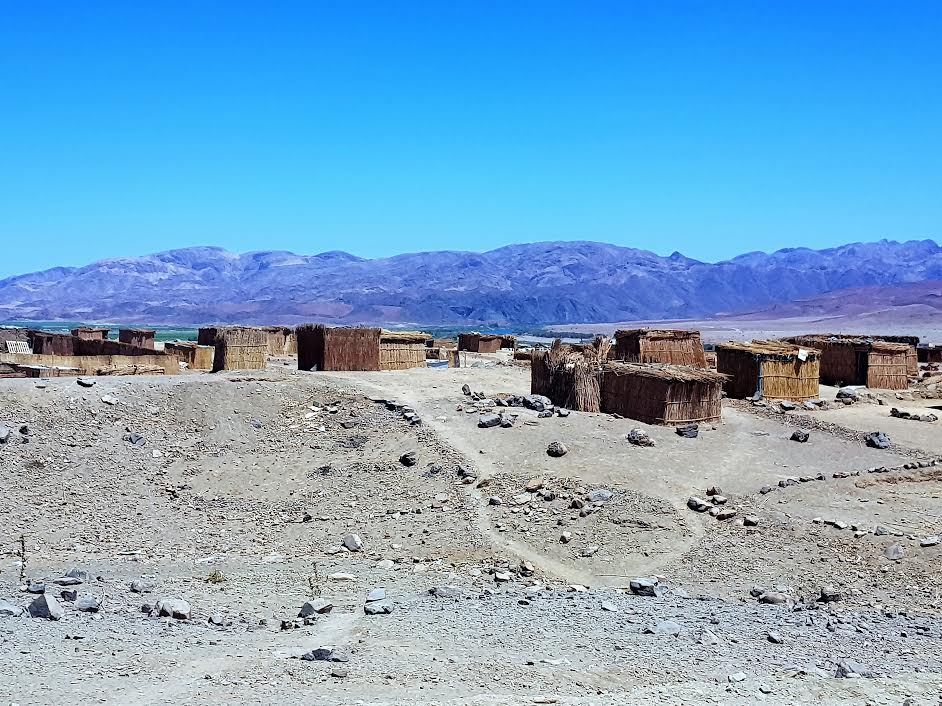
Photo by Liliana Quijano
I had heard reports of migrant workers’ substandard housing in the United States, but this was the first time I had seen something like it for myself. By staying at this lodge and eating at this restaurant, I was supporting the economic system that paid workers less than they deserved so that I could eat food that was a little less expensive. I couldn’t opt out – I was entirely complicit. The workers were the victims, and I was the beneficiary. For the first time, it was not a faraway problem I could ignore. But I didn’t see that I could do anything about it, not to benefit the African workers where I would stay the night nor to benefit anyone else. As clearly as ever I understood that apartheid is no longer part of the legal system in Africa, but it is still part of the economic system, and it will take generations to change that.
Since I’ve been home, I’ve made some changes in how I treat and pay service workers. I can’t change a system that has been in place since the beginning of humanity, but I can change how I participate in it.
I’m late to this issue, but I’ll do what I can now.
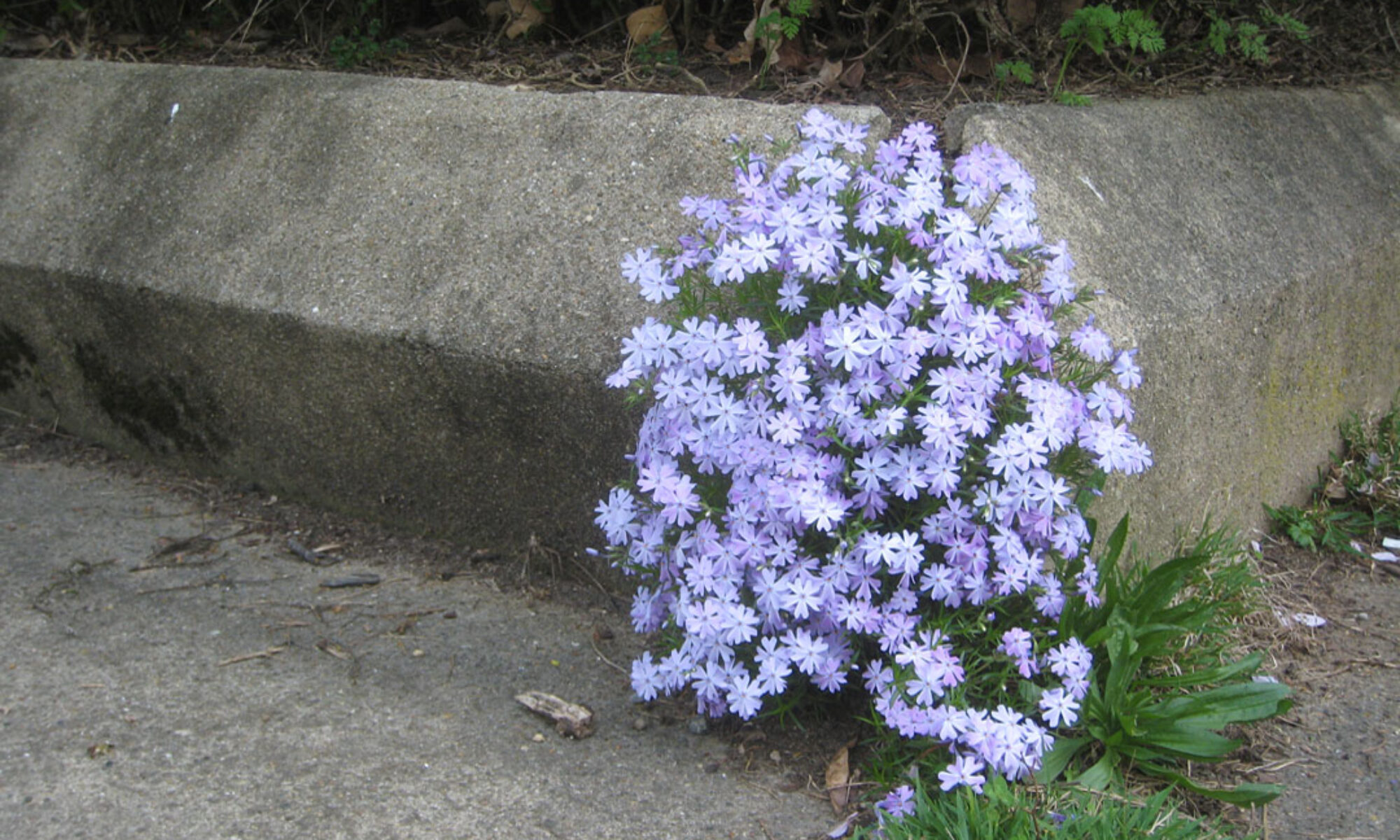
A great reminder!